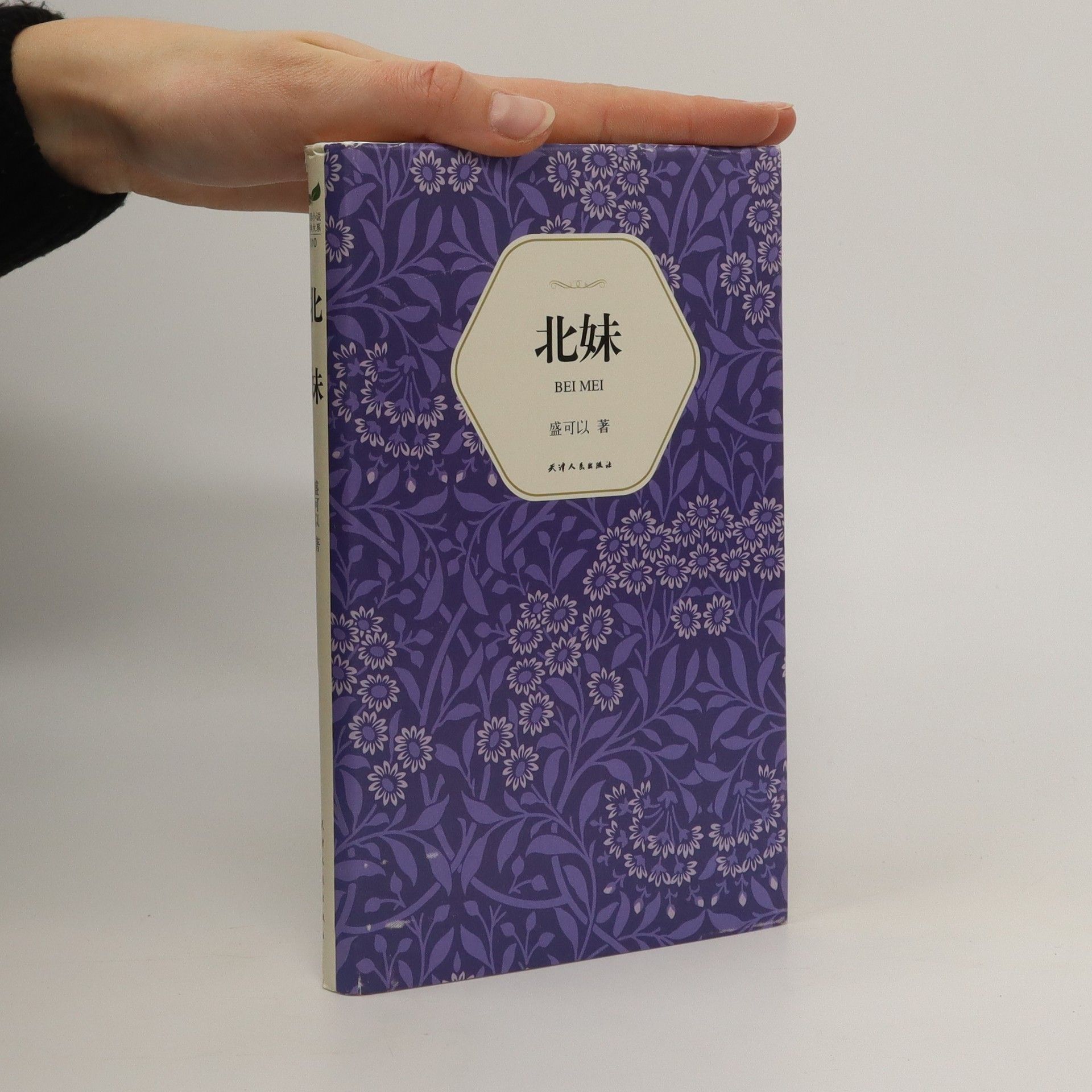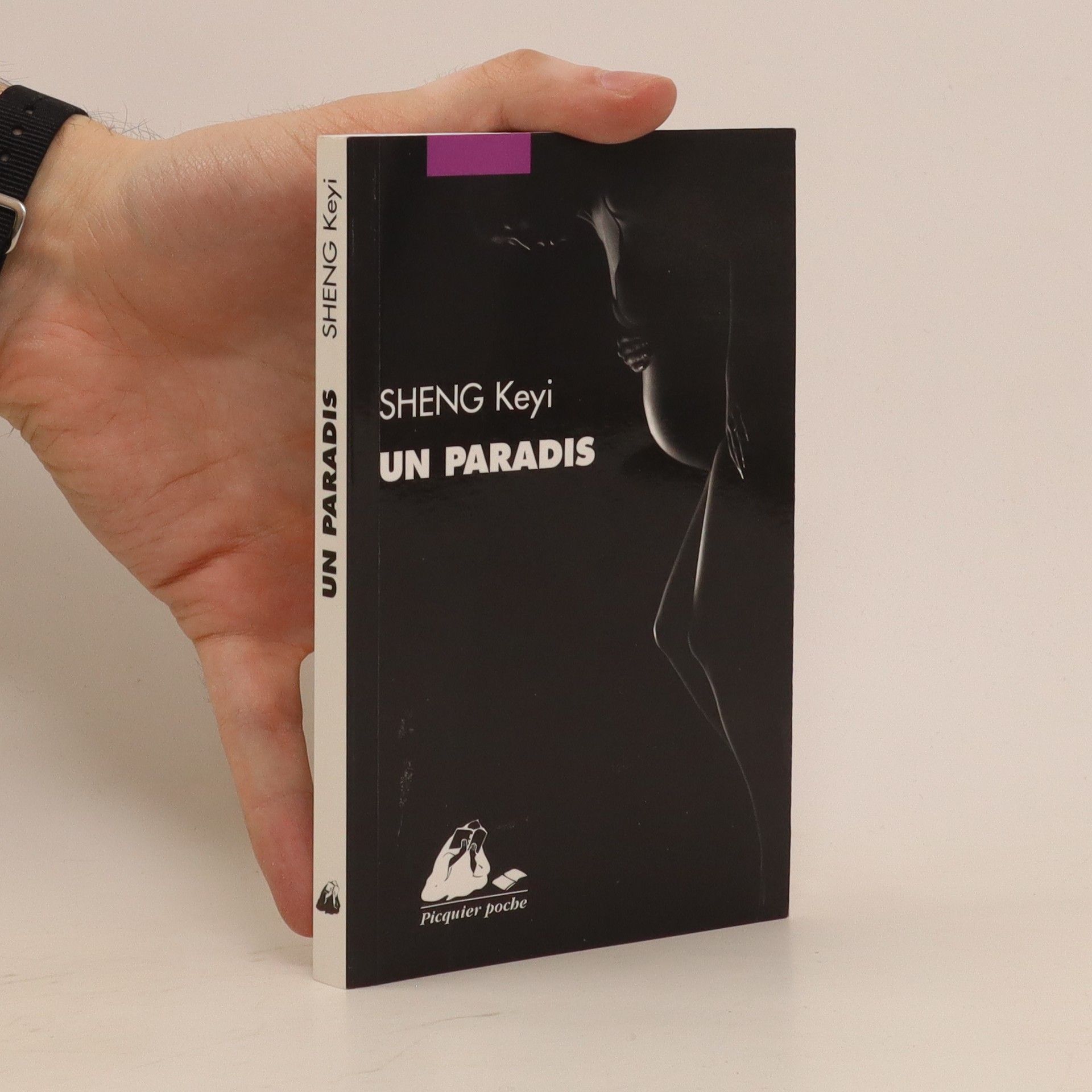Ce paradis est une clinique illégale pour mères porteuses gérée selon un système quasi militaire, qui tient autant du centre de détenues, voire de la maison close. Les femmes y sont désignées par des numéros, mais se donnent entre elles des surnoms de fruits, comme autrefois les courtisanes de Shanghai. Plus rebelles que victimes, elles n'ont pas leur langue dans leur poche et fomentent des révoltes avec audace et esprit de dérision. Tout est vu par l'oeil innocent d'une jeune fille un peu simple d'esprit : l'univers carcéral punitif, les histoires de ces femmes marquées par la violence masculine, et la solidarité des jeunes mères face aux surveillants et à un directeur obèse tout à son business de prison dorée. Sans animosité ni colère, ce roman féministe dénonce le pouvoir patriarcal - viols et sélection génétique - dans la Chine contemporaine. Avec des moments de grande tendresse et d'émotion.
Keyi Sheng Livres
Sheng Keyi se distingue comme une voix d'une nouvelle génération d'écrivaines axées sur la Chine moderne. Évitant l'immaturité qui peut toucher les jeunes autrices, son œuvre explore un large éventail de paysages émotionnels et sociaux. Bien qu'elle se concentre souvent sur des personnages et des thèmes féminins, elle est une féroce expérimentatrice stylistique, audacieuse dans l'exploration de diverses voix et approches narratives. Son style littéraire distinctif en fait une figure importante de la littérature chinoise contemporaine.






Death Fugue
- 384pages
- 14 heures de lecture
""Sometimes art is the only means by which we may find out the truth." One morning, a nine-story tower of excrement inexplicably appears in the capital of Dayang. The government performs a hasty cover-up, sparking protests that quickly explode in unrest. Mengliu, a young poet, and his girlfriend Qizi are swept up in the movement -- but in the brutal crackdown that follows, Qizi, along with thousands of other protestors, disappears. Years later, while searching for Qizi, Mengliu washes ashore in the uptopian Swan Valley. Initially seduced by the opulence and order of Swan Valley, Megliu soon uncovers the deep, inhumane cost of maintaining this perfect society. Lavish, relentless, and occasionally unhinged, Death Fugue is a profound dystopian meditation on art and freedom."-- Back cover
Die Gebärmutter
Roman
»Sheng Keyi ist eine Geschichtenerzählerin, die bereit ist, Tabus zu brechen.« THE NEW YORK TIMES ›Die Gebärmutter‹ erzählt das Schicksal der Frauen einer Familie, die während des 20. und 21. Jahrhunderts in einem Dorf in der chinesischen Provinz Hunan aufwachsen. Großmutter Qi ist in der Qing-Dynastie groß geworden. Als Mädchen hat man ihr die Füße gebunden, nun kann sie sich nur trippelnd fortbewegen. Schon in jungen Jahren verliert sie ihren Ehemann, unterdrückt fortan all ihre eigenen Bedürfnisse und wird darüber zu einer harten, kalten Frau. Ihre Tochter Wu Aixiang wird ebenfalls jung Witwe und kümmert sich allein um ihren Sohn und die fünf Töchter. Zu ihrem schweren, entbehrungsreichen Leben treten gesundheitliche Probleme, deren Ursache eine nach der Geburt ihrer letzten Tochter zwangsweise eingesetzte Spirale ist. Und auch das Leben von Wu Aixiangs Töchtern wird durch die Familienpolitik der Regierung und die Frage der Fortpflanzung bestimmt. Als die Tochter des einzigen Sohnes von Wu Aixiang – die vierte Generation der Familie – ungeplant schwanger wird, diskutiert ein Familienrat, ob sie das Kind bekommen soll. Sheng Keyi schildert Gesellschaftskonflikte, ausgetragen am Körper der Frau, und erzählt vom Kampf um Freiheit und Selbstbestimmung.
„Dziewczyny z północy” to debiutancka powieść Sheng Keyi, która porusza trudności, z jakimi borykają się wiejskie dziewczyny migrujące do miast. Autorka, pochodząca z małej wioski, opisuje ich walkę o społeczną pozycję, wolność oraz adaptację do miejskich realiów, zmagając się z problemami wynikającymi z konserwatywnego wychowania i niskiego poziomu edukacji seksualnej. Sheng Keyi nie boi się poruszać tematów tabu, takich jak wykorzystywanie migrantek, aborcje czy przymusowe sterylizacje. Jej twórczość ukazuje codzienną walkę chińskich kobiet z ubogich warstw społecznych, a styl pisania jest dosadny i eksperymentalny, jednocześnie oddając duchowy świat bohaterek. Postaci są autentyczne, wzorowane na anonimowych dziewczynach, które w swoim codziennym życiu muszą wykazywać heroizm, mimo że są często ignorowane. Książka to krzyk, który ma na celu zwrócenie uwagi na finansowy, emocjonalny, prawny i seksualny wyzysk, jakiego doświadczają miliony dziewcząt z północy, poszukujących lepszego życia w chińskich miastach.
Ostrość obrazu, płynność granic. Tak bodaj najprościej można byłoby ująć specyfikę narracji w Tęczującym popiele Sheng Keyi. Ten sposób pisania niestroniący od naturalistycznej wręcz dosadności i brutalności, balansujący nieraz na granicy dobrego smaku, ale też pozostawiający wrażenie tajemnicy i niedopowiedzenia, dryfujący pomiędzy światem materialnym i rzeczywistością duchową sytuuje powieść w bliskim artystycznym sąsiedztwie znanego już dobrze polskim czytelnikom realizmu magicznego Mo Yana czy mitorealizmu Yan Lianke. (Fragment Posłowia Joanny Krenz)